Across You Won’t Be Alone, Of an Age, and, now, Housekeeping for Beginners, Macedonian Australian filmmaker Goran Stolevski’s proclivity toward applying naturalism to the stories of characters on the margins of society, or who hover on those borders, is quite palatable. And yet, Stolevski makes it hard to shake that his work is defined by a refined mimicry of the visual signifiers of Serious Stories for Serious Viewers.
Housekeeping for Beginners is set in a house for queer outcasts in North Macedonia, where world-weary social worker Dita (Anamaria Marinca) and her gay best pal, Toni (Vladimir Tintor), play adoptive parents to a host of misfits. The dynamic of their lavender marriage deeps things running, if not smoothly, then without total breakdown. But when Dita’s girlfriend, Sauda (Alina Serban), is diagnosed with terminal cancer, the pressure from her looming death pushes this found family to its limits, especially as it coincides with the arrival of Toni’s young boyfriend, Ali (Samson Selim), who, like Sauda, is of Roma descent.
Stolevski wisely considers the implications of ethnic minorities colliding with sexual ones in a repressive society, bringing a textural and visceral richness to the way that the Romani among them are gripped by a sense of difference about themselves within this shambolically assembled unit. Throughout Housekeeping for Beginners, there are truthful shades to the sense that they feel less of an incentive to assimilate into the family because of their ethnicity.
And yet, it’s hard to lose sight of how these characters feel like classic archetypes of familial dysfunction: the parentified young man in Ali; the depressive teen girl in Sauda’s daughter Vanessa (Mia Mustafa); the child as innocence epitomized in Sauda’s younger daughter, Mia (Dzada Selim); and, in Dita, the maternal figure who’s left to clean everything up. Not only that, but all the familial conflicts and resolution presented here are consistently filtered through an affectation of “realness”—a stylish verisimilitude that seems almost contradictory.

It’s in the timbre of a post-Weekend mold that Stolevski made Of an Age, and that influence is evident in Housekeeping for Beginners in everything from the bouncy camera to the low lighting, even the furious cigarette smoking. He has a sharp eye for his characters’ often erratic instincts, and a casualness about queer sexuality that he juxtaposes with the sociocultural conservatism of his settings. But too often the performances he coaxes from his actors is self-conscious by half, for the way they seemingly exist to fray the audience’s nerves above all else.
Housekeeping for Beginners is largely shot in medium and close-up shots that zero in on the characters in their often conspicuously dimly lit settings. There’s a muddy look to Naum Doksevski’s cinematography that, like the 4:3 aspect ratio, doesn’t appear to be part of an ethos or a guiding point of view about this particular story, and, as a result, so many of the shots and sequences in the film come to feel repetitive, even at their most striking.
In spite of the too-muchness of their performances, the actors wrestle for expressiveness and subtlety against the script’s more obvious and schematic telegraphing of not-quite-nuclear discontent and, ultimately, reconciliation. People misbehave and rebel, and there’s seldom any doubt that it will be all okay in the end for everyone. The best coming-of-age movies, queer and otherwise, derive their pleasure from the friction between our wanting an emotional and optimistic resolution and the very real possibility that that resolution may not come. But for all of Housekeeping for Beginners’s volatile motions, there’s not that much of a feeling of precarity around where it will eventually settle. The answer was always inscribed from the beginning.
Since 2001, we've brought you uncompromising, candid takes on the world of film, music, television, video games, theater, and more. Independently owned and operated publications like Slant have been hit hard in recent years, but we’re committed to keeping our content free and accessible—meaning no paywalls or fees.
If you like what we do, please consider subscribing to our Patreon or making a donation.

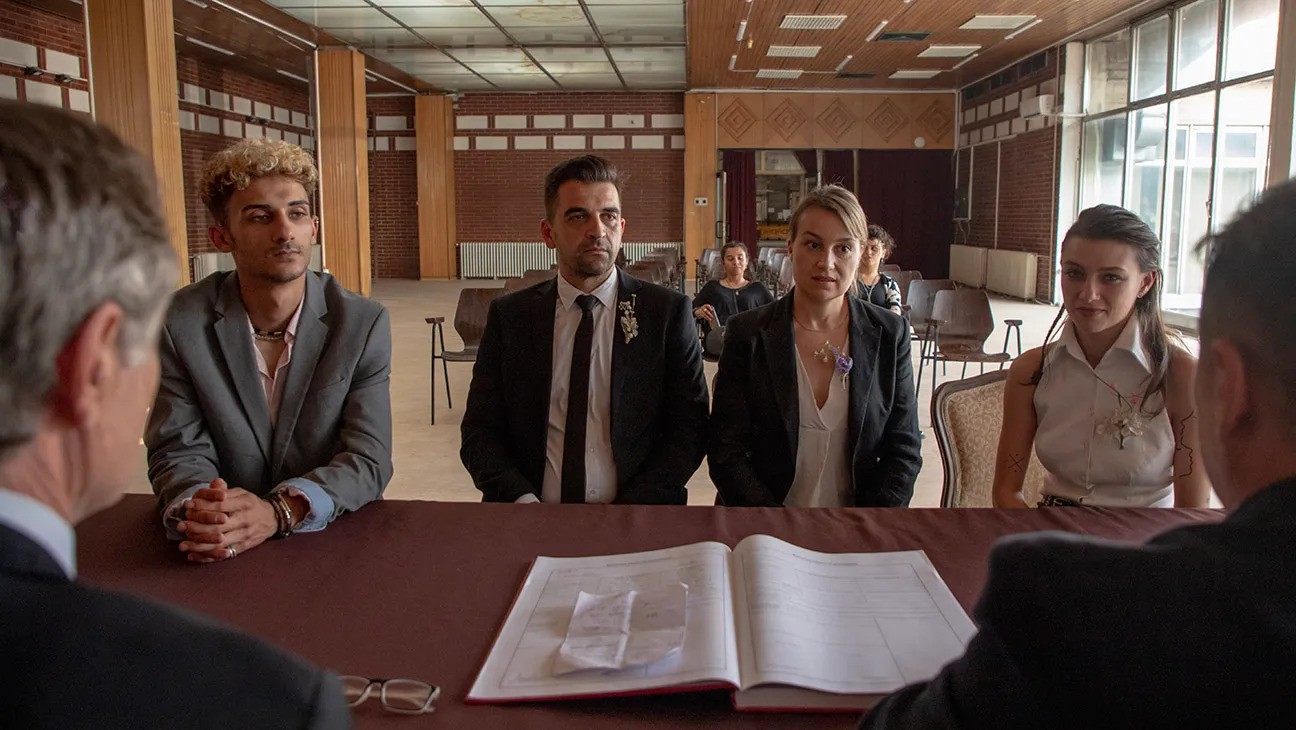
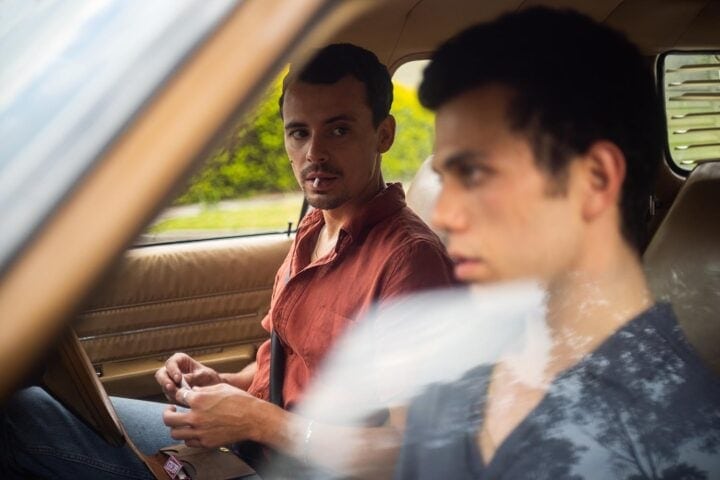
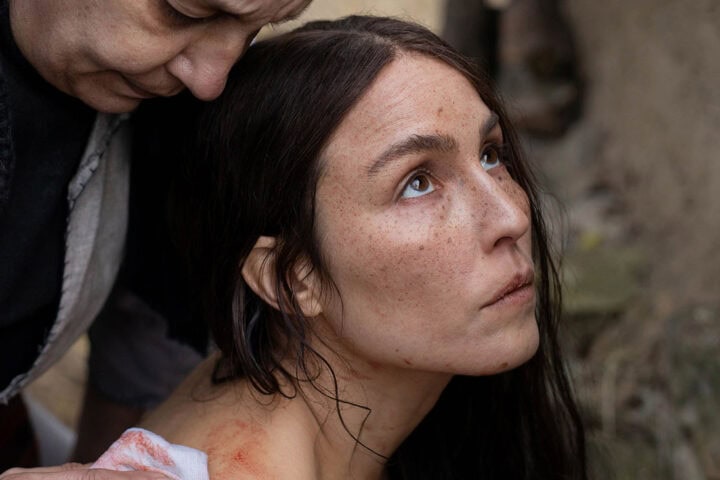
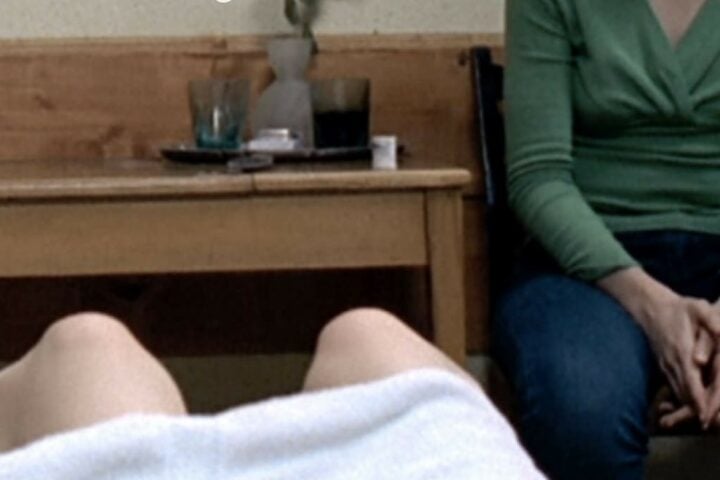
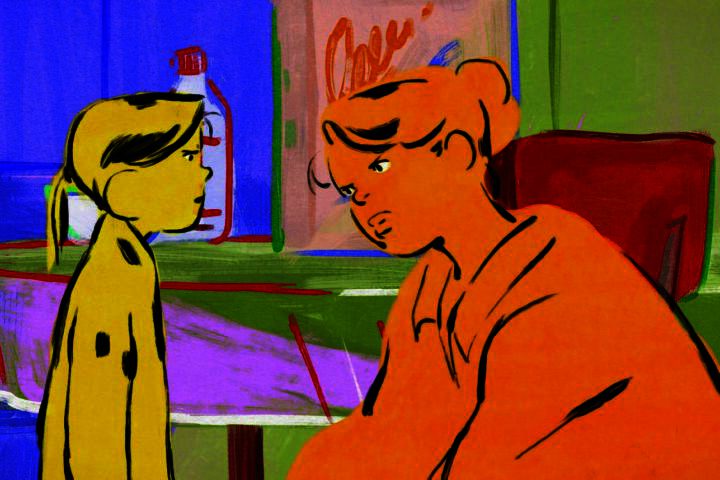
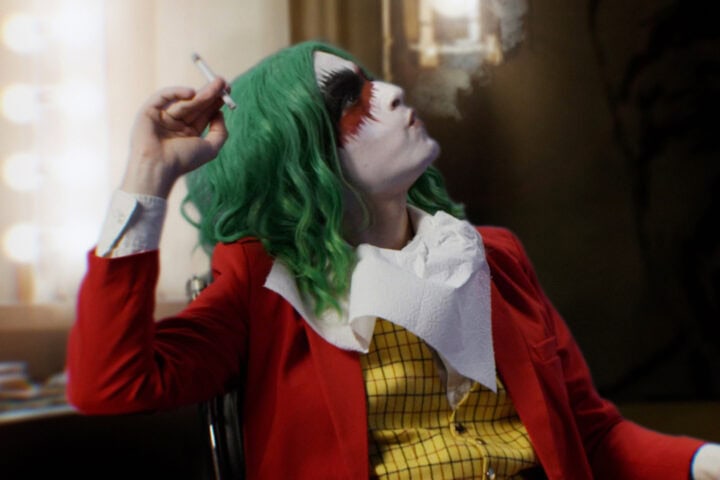
I’m bored by your take on this, it’s so ungenerous and critical for the sake of being critical. The movie is stunningly real-feeling. I’m not sure how you actually do much better than they did in that respect. Seems as though you’re reaching to find fault.